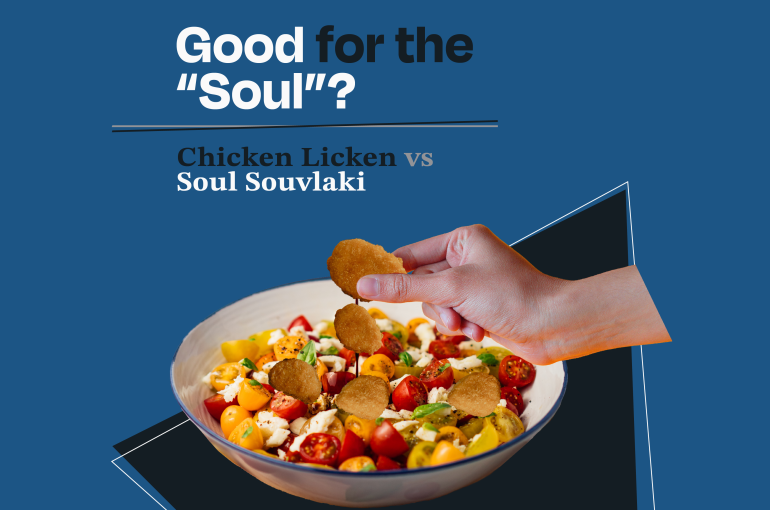Good for the “Soul”?
The Supreme Court of Appeal was recently tasked with considering the alleged infringement of a registered trademark under the Trade Marks Act 194 of 1993 (“the Act”). Trading as the well-known ‘Chicken Licken’, Golden Fried Chicken (Pty) Ltd (“the Appellant”) registered the words “Soul” and “Soul Foods” under various classes of the Act.
The dispute concerned the alleging of an infringement by ‘Soul Souvlaki’, a reputable Greek-food trader, of the “Soul” mark registered in favour of ‘Chicken Licken’. It is noteworthy that the Appellant chose to rely substantively on submissions around the word “Soul”, as opposed to “Soul Foods”.
The court based its findings primarily on whether there exists a strong likelihood of “deception or confusion” in relation to the use of the mark ‘Soul Souvlaki’ within the restaurant services industry, broadly, taking into account a large and diverse customer base. The court asked the fundamental question in this regard: “…whether it can be said that, if the appellant used the mark ‘Soul’ in restaurant services providing Greek cuisine, customers would view the appellant as the source of the services offered under the trade mark ‘Soul Souvlaki’.”
Considering such a question, the court highlighted the importance of a holistic consideration of the marks, when comparing the two. Distinction is drawn upon the significance of the word ‘Souvlaki’, a word and dish well known among South African restaurant goers, as invoking a clear distinction between that and the mark “Soul”.
This submission is substantiated by the court’s reference to the case of Compass Publishing BV v Compass Logistics Ltd 2004 EWHC 520, whereby it was stated that: “The court should factor in the recognition that the average consumer normally perceives a mark as a whole and does not analyse its various details.”
The court concluded that no likelihood of deception or confusion exists between the two marks, and proceeded to dismiss the appeal.
The result is such that both establishments are free to continue using the word “Soul” as previously intended by each, and effectively leave the final judgment up to the paying public as to what is good for the “Soul”.


